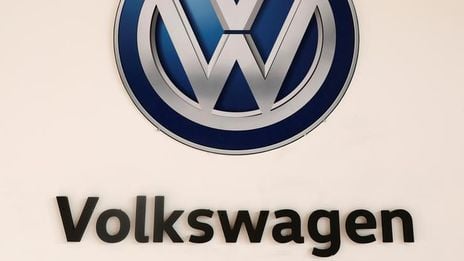On Monday evening, the leaders of the German automotive industry will meet with Chancellor Angela Merkel. The future of Germany as an automotive location is on the agenda: the main topic of discussion will be how the change to e-mobility and CO2-neutral transport can succeed. Volkswagen calls for a 'Master Plan E-Mobility' to convince drivers to switch to sustainable, clean and quiet electric mobility.
The approaches to achieving this goal vary greatly from market to market: in regulatory, tax and financial incentives - or a combination of all three. These incentives are aimed at both private customers and drivers of company vehicles. After all, company cars account for the majority of new car sales in the important European markets, so that not only direct subsidies but also different taxation approaches play a role. Increasing the tax burden for vehicles with higher emissions while granting tax benefits to those with lower emissions is one approach. In other markets, incentives for private buyers to buy are more appropriate.
While cost savings in incentive payments are visible from day one, tax savings are usually only felt by customers after three to four years. New car buyers in Norway - the country with the highest sales penetration of electric cars in the world - benefit from 25 percent savings for an electric vehicle from day one, as electric cars are exempt from VAT for regularly fueled vehicles. There are no direct purchase subsidies, however.
Several countries are trying to support the mobility shift introduced by manufacturers with increasingly attractive and diversified e-vehicle offers. The following list compares some of the advantages offered by the most advanced electric car markets in the world - and offers some surprises.
Attachments
- Original document
- Permalink
Disclaimer
Volkswagen AG published this content on 21 June 2019 and is solely responsible for the information contained therein. Distributed by Public, unedited and unaltered, on 21 June 2019 22:39:01 UTC




